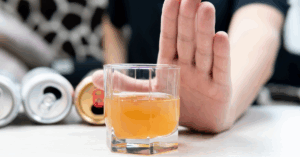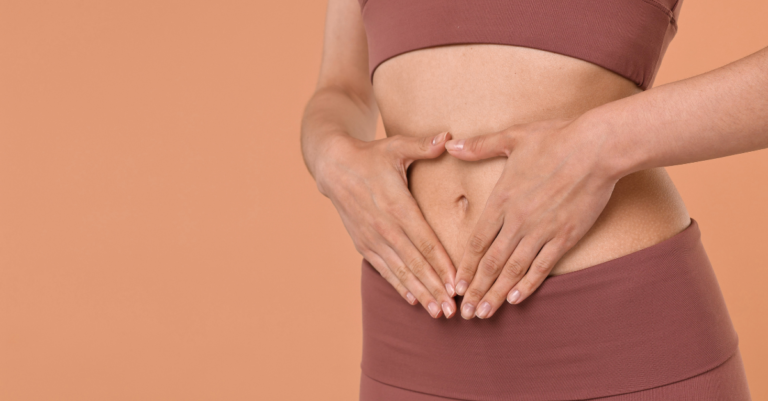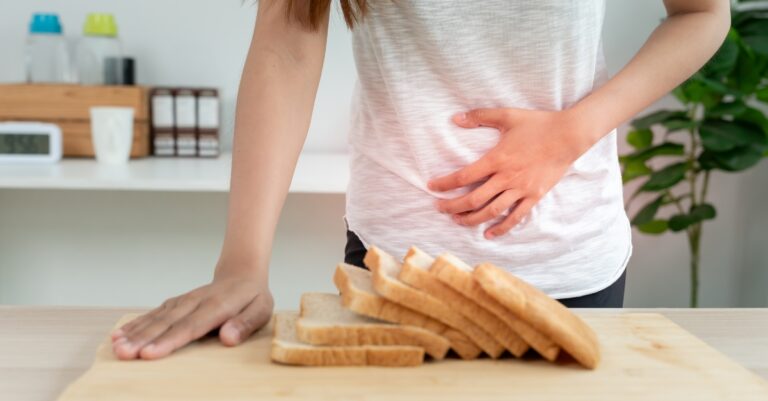Raising a Glass to Better Health

Let’s toast to your health-without the alcohol. For years, many believed that moderate drinking could be beneficial, but new research shows even small amounts of alcohol can harm your health. More people are catching on: the “sober curious” movement is booming, and those who reduce or eliminate alcohol report better sleep, improved mood, and overall well-being.
The trend is clear. Sales of non-alcoholic (NA) drinks are skyrocketing—NA spirits rose 113% from 2020 to 2021, NA beer 32%, and NA wine 39%. Experts predict the global alcohol-free beverage market will hit $30 billion by 2025.
The Impact of Alcohol on Health
It’s no secret that heavy drinking damages health, but the risks extend even to moderate use. A 2022 study found alcohol is linked to 58 causes of death, and about one in eight deaths among adults 20–64 involves alcohol.
Alcohol can affect nearly every part of the body, contributing to:
- Weight gain
- Sleep disruption
- Depression and memory issues
- Weakened immunity
- Pancreatitis and diabetes complications
- Lower bone density
- Skin issues like psoriasis
- Heart disease and stroke risk
- Multiple cancers (liver, colon, breast, esophagus, and more)
Some effects are immediate—binge drinking can more than double the risk of a cardiac event. Others build over time as alcohol interferes with nutrient absorption and damages organs.
9 Benefits of Going Alcohol-Free
The positive changes often start within days:
- Healthier Stress Relief – Discover new coping strategies instead of reaching for a drink.
- Brain Recovery – Your brain can repair alcohol-related damage once you stop.
- Better Sleep – Alcohol disrupts deep rest; sobriety restores healthy sleep patterns.
- Reduced Inflammation – Cutting out alcohol calms the gut and supports healing.
- Balanced Microbiome – A healthier gut environment improves digestion and immunity.
- Improved Nutrient Absorption – Without alcohol, your body can better absorb vitamins and minerals.
- Regular Digestion – Alcohol irritates the digestive tract; quitting promotes smoother bowel movements.
- Stronger Liver Function – Sobriety gives the liver space to repair and detox efficiently.
- Easier Weight Management – Alcohol adds empty calories; cutting it helps maintain a healthier weight.
Tips for Success
Quitting looks different for everyone. Some stop easily, while others face challenges. If you experience withdrawal or feel dependent, seek medical guidance or support groups like Alcoholics Anonymous.
Helpful strategies include:
- Build a support system. Surround yourself with people who respect your decision.
- Plan ahead for triggers. Replace drinking rituals with healthier habits.
- Practice saying no. A simple “No, thank you” is always enough.
Smart Alternatives
Non-alcoholic drinks are more creative and accessible than ever. Mocktails, NA beers, and kombucha offer flavourful options; just be mindful that some, like kombucha, may contain trace alcohol. Look for lower-sugar options and enjoy them on their own merits.
Final Thought
Whether you’re fully sober or just “sober curious,” taking a break from alcohol can have powerful benefits. Explore it for yourself. You may be surprised how good you feel.
Sources
- Forbes, “As The Non-Alcoholic Category Continues To Grow, Booze–Free Beer Will Be The Space To Watch, https://www.forbes.com/sites/katedingwall/2022/02/28/as-the-non-alcoholic-category-continues-to-grow-boozefree-beer-will-be-the-space-to-watch
- Esser MB, Leung G, Sherk A, et al. Estimated Deaths Attributable to Excessive Alcohol Use Among US Adults Aged 20 to 64 Years, 2015 to 2019. JAMA Netw Open. 2022;5(11):e2239485. doi:10.1001/jamanetworkopen.2022.39485
- Nelson DE, Jarman DW, Rehm J, Greenfield TK, Rey G, Kerr WC, Miller P, Shield KD, Ye Y, Naimi TS. Alcohol-attributable cancer deaths and years of potential life lost in the United States. Am J Public Health. 2013 Apr;103(4):641-8. doi: 10.2105/AJPH.2012.301199. Epub 2013 Feb 14. PMID: 23409916; PMCID: PMC3673233.
- Colrain IM, Nicholas CL, Baker FC. Alcohol and the sleeping brain. Handb Clin Neurol. 2014;125:415-31. doi: 10.1016/B978-0-444-62619-6.00024-0. PMID: 25307588; PMCID: PMC5821259.
- Al-Jefri K, Newbury-Birch D, Muirhead CR, et al. High prevalence of alcohol use disorders in patients with inflammatory skin diseases. Br J Dermatol. 2017;177(3):837-844. doi:10.1111/bjd.15497
- National Institute on alcohol and addition, “Neuroscience: the brain in addition and recovery” https://www.niaaa.nih.gov/health-professionals-communities/core-resource- on-alcohol/neuroscience-brain-addiction-and-recovery#pub-toc2
- Chan M, Sy H, Finley J, Robertson J, Brown PN. Determination of Ethanol Content in Kombucha Using Headspace Gas Chromatography with Mass Spectrometry Detection: Single-Laboratory Validation. J AOAC Int. 2021 Mar 5;104(1):122-128. doi: 10.1093/jaoacint/qsaa094. PMID: 33099632; PMCID: PMC8372040.


